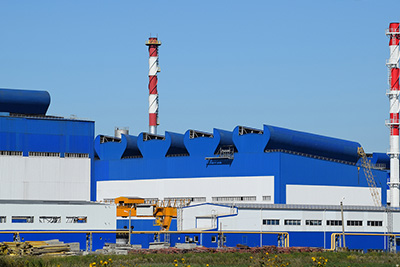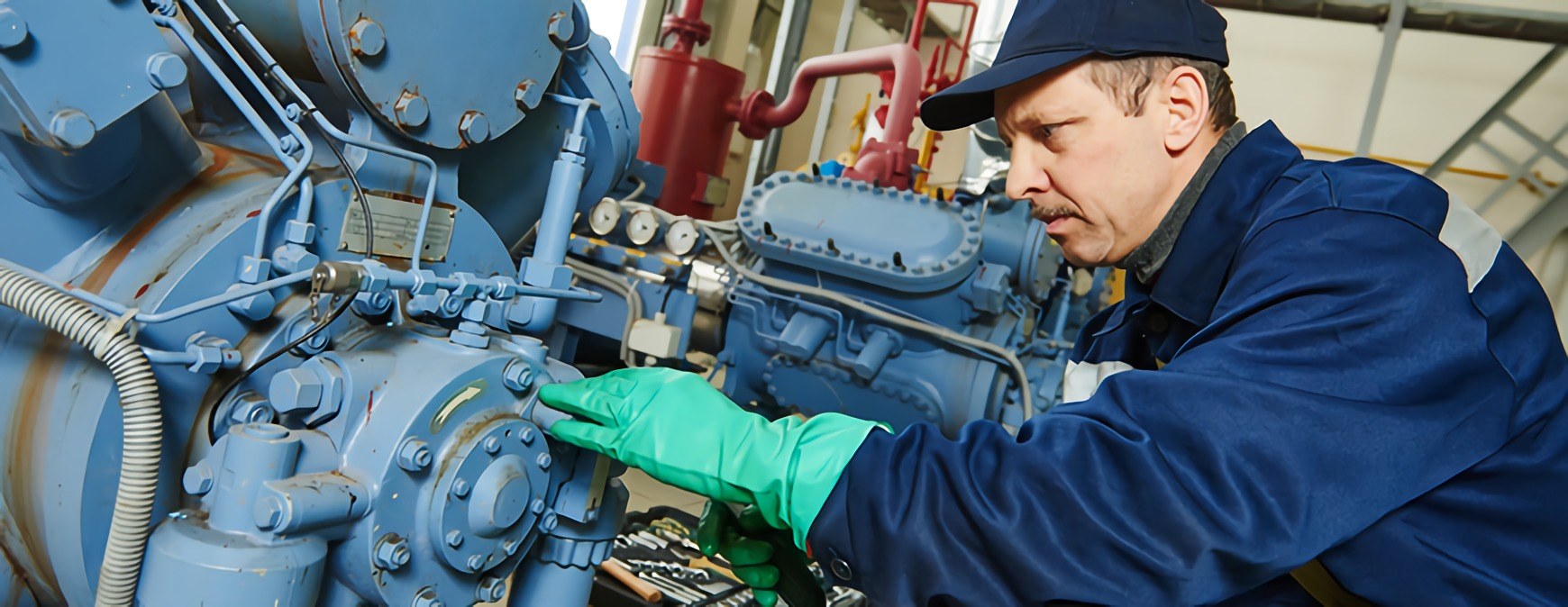What Does a Boiler Operator Do?
RSI is a Great Training Option for Everyone
Learn more about how we can prepare you to advance your career.
Boiler operators and stationary engineers are responsible for the day-to-day operations of boilers for commercial and industrial buildings. Tasked with ensuring that these costly pieces of machinery operate safely and efficiently, boiler operators handle regular maintenance and repairs. Typical job responsibilities include performing diagnostics, using valves to control air, water, and fuel, and inspecting safety equipment. In addition to boilers, they may also work on auxiliary equipment, such as air conditioning and refrigeration systems, turbines, generators, pumps, and compressors. They are also in charge of maintenance. 1
Where Do Boiler Operators Work?

No particular industry dominates where boiler operators work. However, manufacturing and government buildings are typical environments for them.
Hospitals, schools, commercial buildings, industrial factories, and other industries also employ boiler operators. The working conditions and work schedules are dependent on where a boiler operator works. As sometimes, they are exposed to dangerous conditions, it is important that boiler operators follow procedures to prevent injuries. 2
What Are the Training and Licensing Requirements?
The work of a boiler operator is becoming increasingly complex, and trade school can usually provide the training necessary for an individual to enter the industry, notes the Bureau of Labor Statistics. While trade school doesn’t necessarily have a boiler operator diploma or certification program, those who take HVACR classes in a maintenance training program get good exposure on installing, maintaining, and troubleshooting commercial heating, ventilation and air condition systems. They also learn commercial wiring which can give those an edge. 3
Get Started on the Path to a New Career
Fill out our form to learn how we can help you change your life.
Licensing requirements vary by state, as well as the type and size of the equipment. Typically, however, boiler operators and stationary engineers are required to pass a company-specific exam or provide a demonstration of their skills before being permitted to work unsupervised.
What is the Pay Like?
The median annual wage for boiler operators for May 2015 was $58,530. This means half earned more and half earned less. 4 One industry with the highest pay is real estate. However, industries like healthcare and education are the fastest growing, and may require more boiler operators who work beyond a Monday through Friday 9-5 shift. As with many jobs in the manufacturing field, positions like boiler operators may open in the future as older workers begin to retire. 5
Choosing a Career
Boiler operators play an essential role in commercial and industrial buildings in multiple industries and it is not likely to end anytime soon. If this potential career path appeals to you, look into vocational training at a school like RSI for more information.
Additional Sources
1 – http://www.bls.gov/ooh/production/stationary-engineers-and-boiler-operators.htm#tab-2
2 – http://www.bls.gov/ooh/production/stationary-engineers-and-boiler-operators.htm#tab-3
3 – http://www.bls.gov/ooh/production/stationary-engineers-and-boiler-operators.htm#tab-4
4 – http://www.bls.gov/oes/current/oes518021.htm
5 – http://www.bls.gov/ooh/production/stationary-engineers-and-boiler-operators.htm#tab-6
This blog has been labeled as archived as it may no longer contain the most up-to-date data. For a list of all current blog posts, please visit our blog homepage at https://www.rsi.edu/blog/




